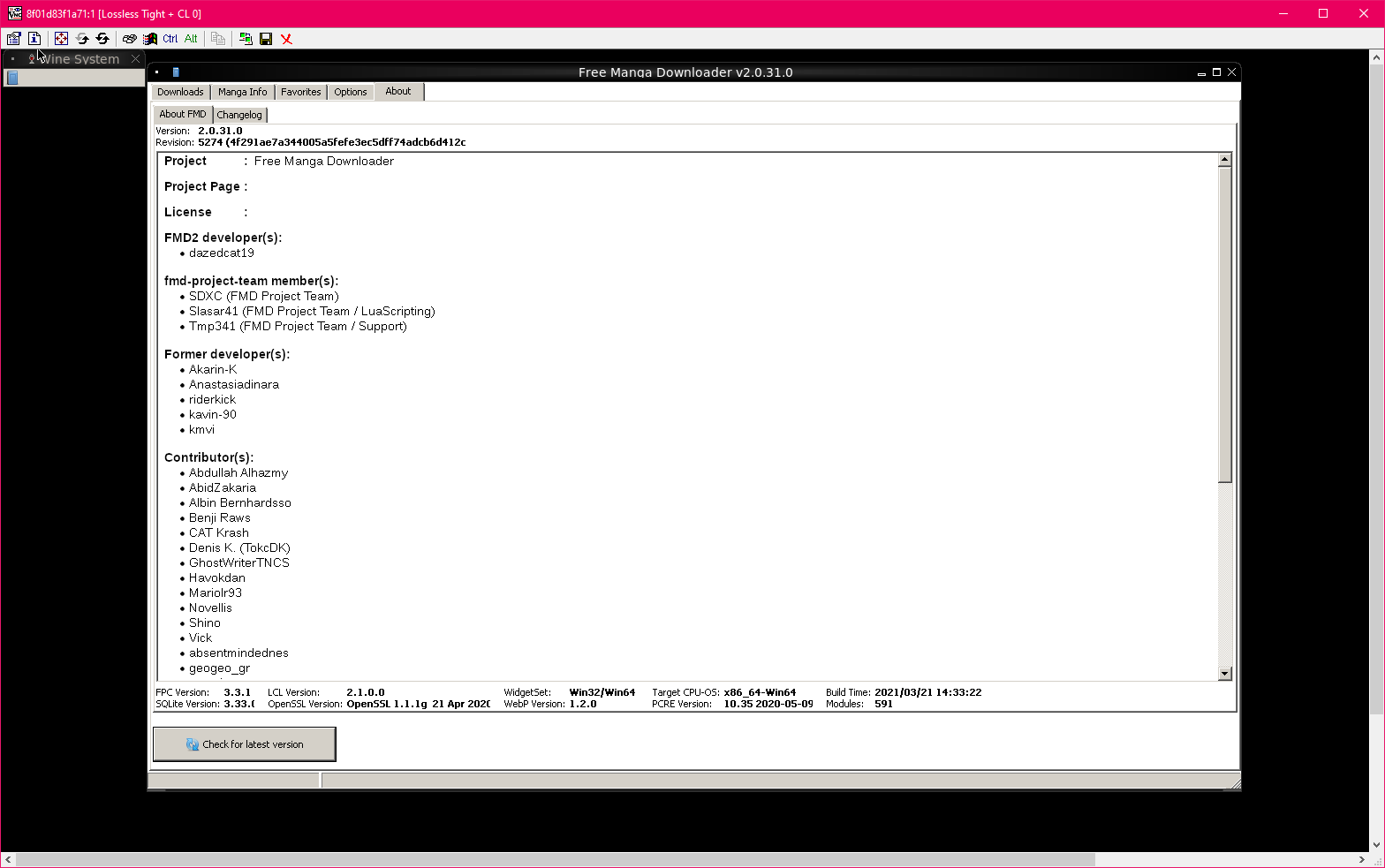I’d rather not mount the docker sock into my reverse proxy,
You don’t have to if you use the dynamic file config. I’ve mentioned this before and debated to the ends of earth for even suggesting such a thing. But it all aspects is dynamic file configuration better.
Of you use IaC in your set up, it gets even easier because then you can just set up templates that automatically create file configs and add them to your reverse proxy seamlessly.
Right now with one Terraform apply, I create my docker container, traefik config and my homepage service.



I use trillium that gets backed up every hour to my pc.
I also do a lot of python development so my project ideas get written down there too.
I’m not a fan of code is documentation because what happens when you step away for a month and you need to figure something out? In trillium I have a search bar. What do you have in the code?